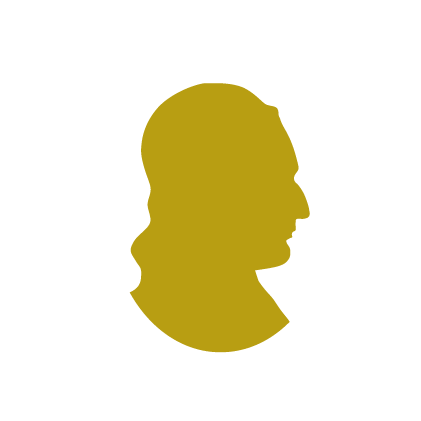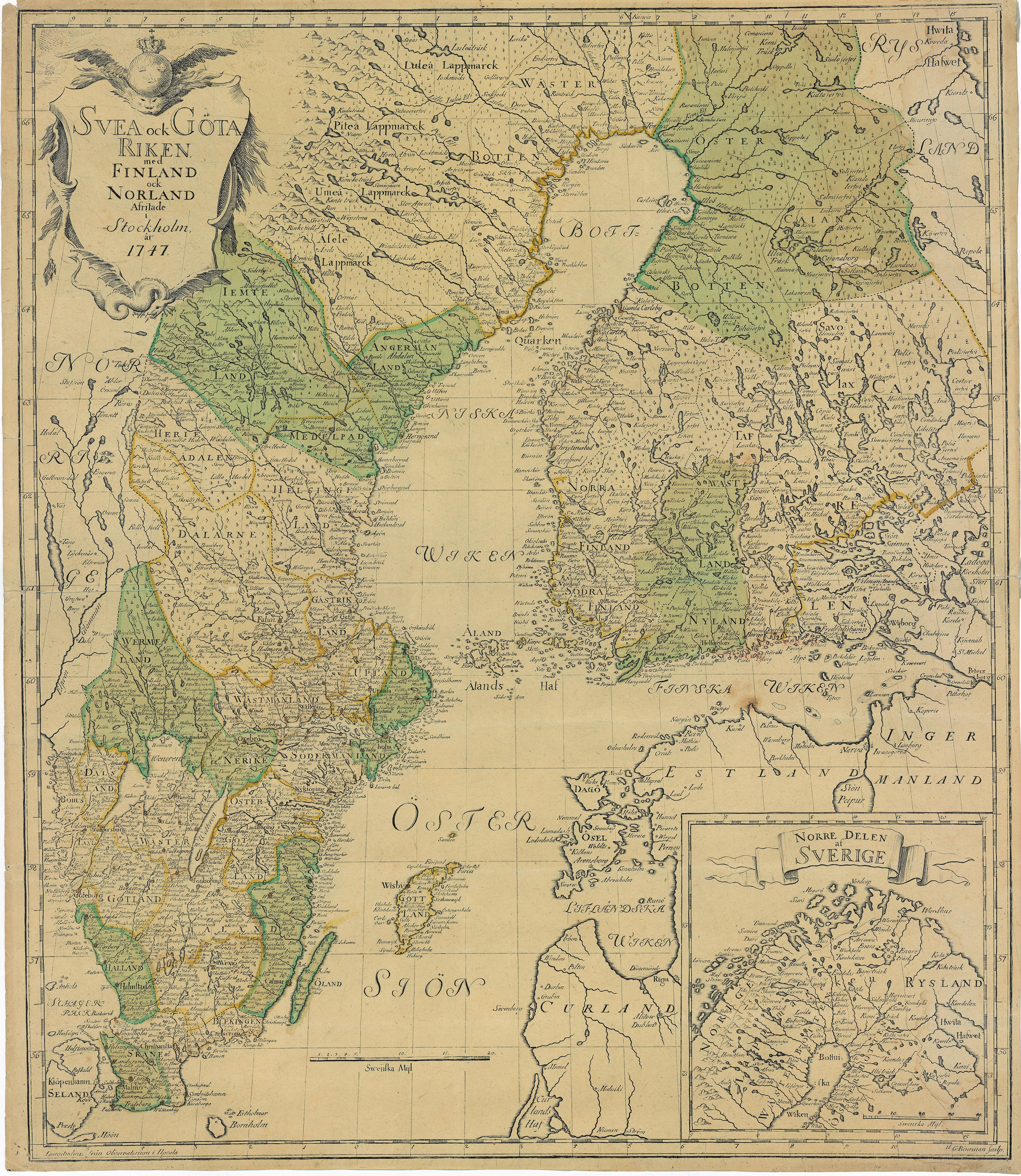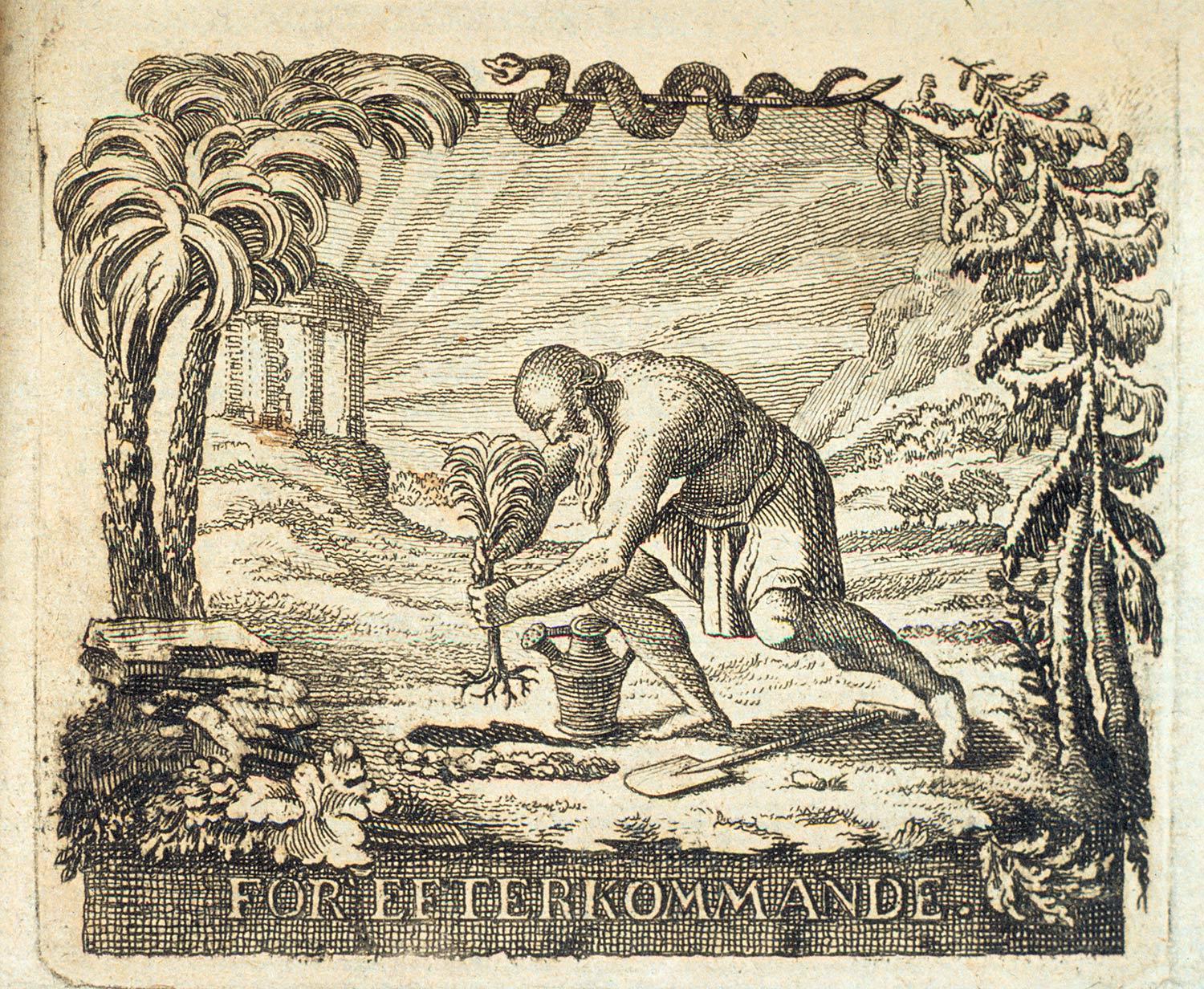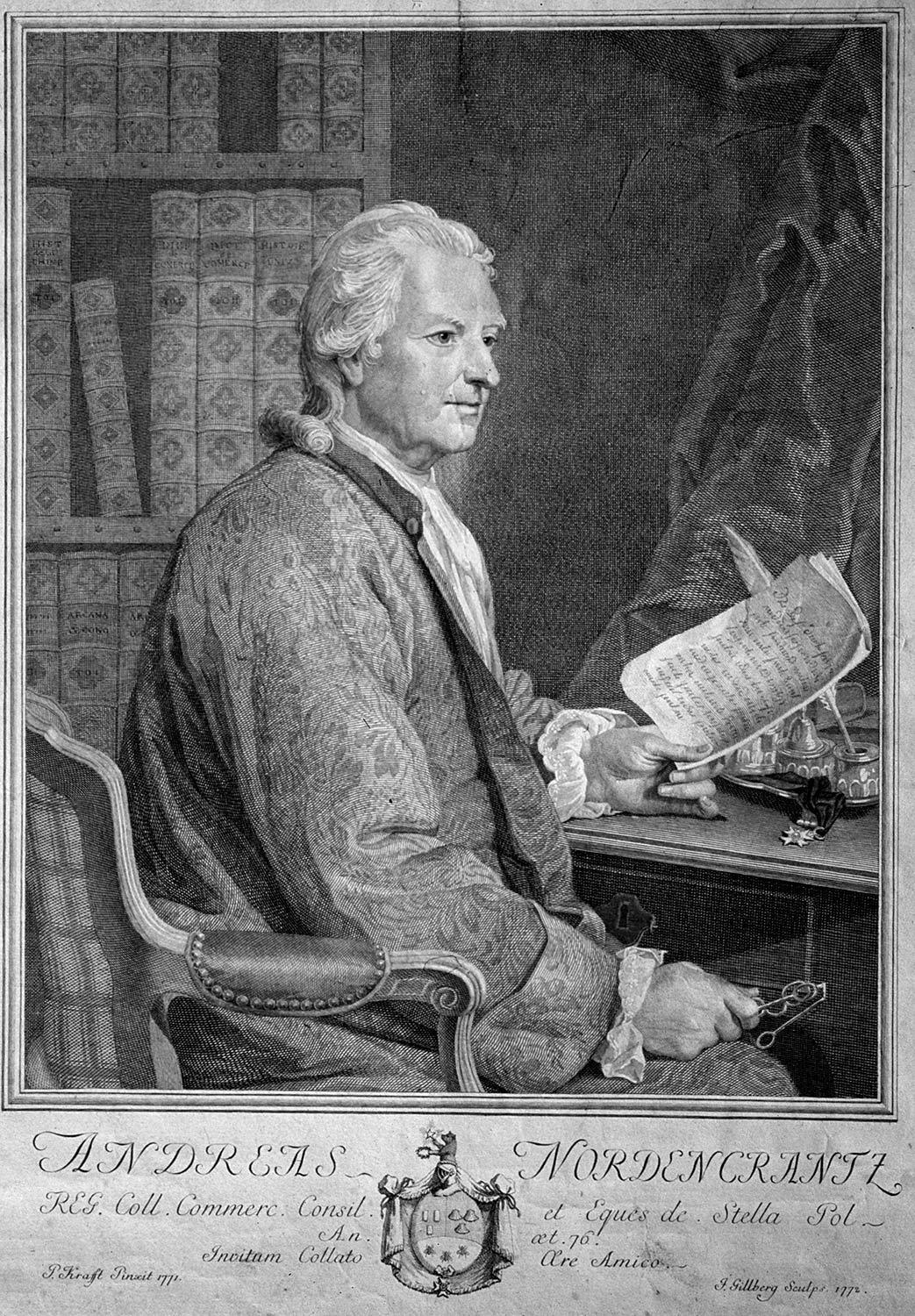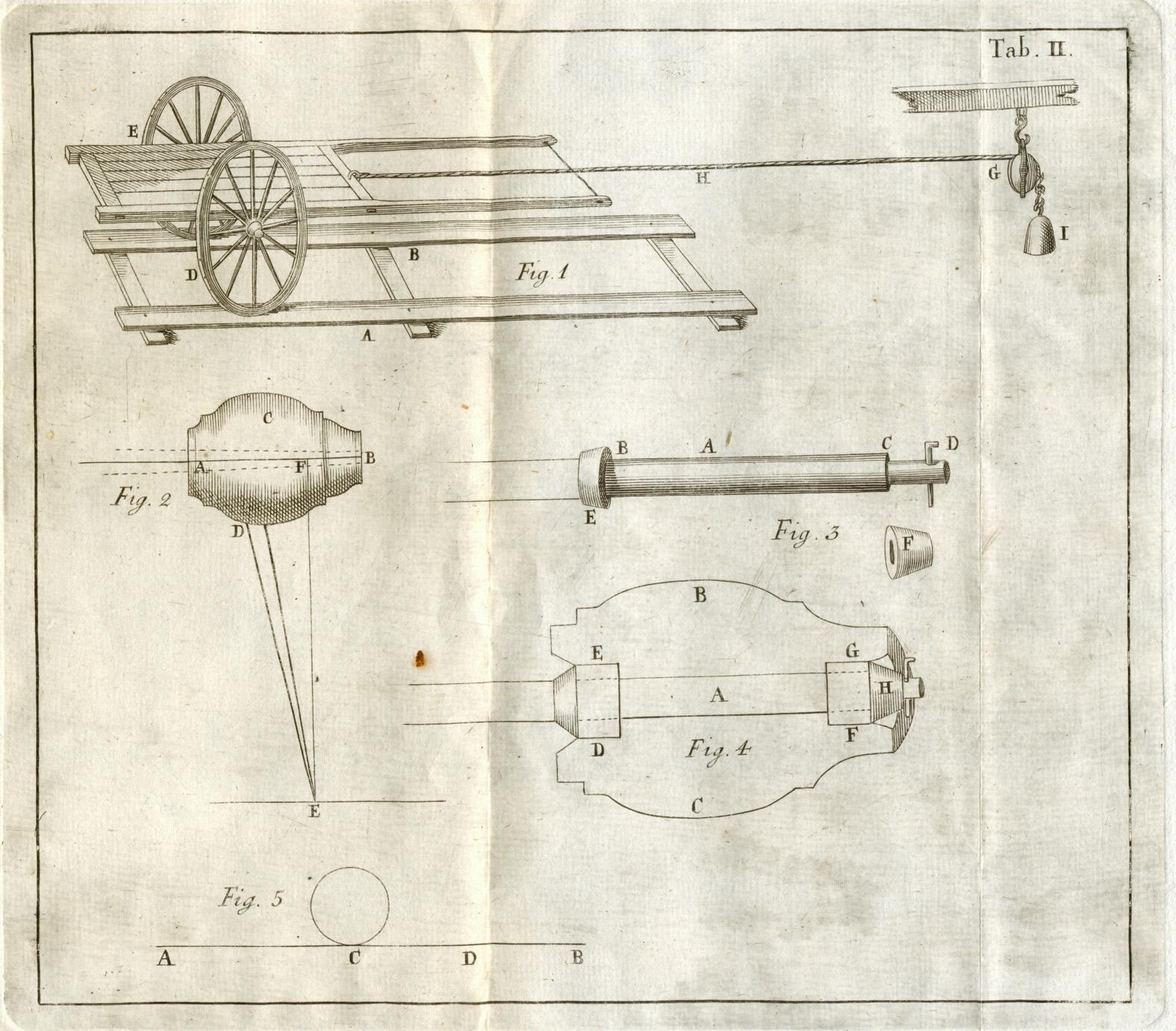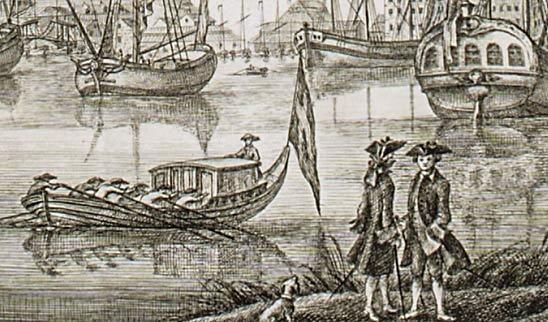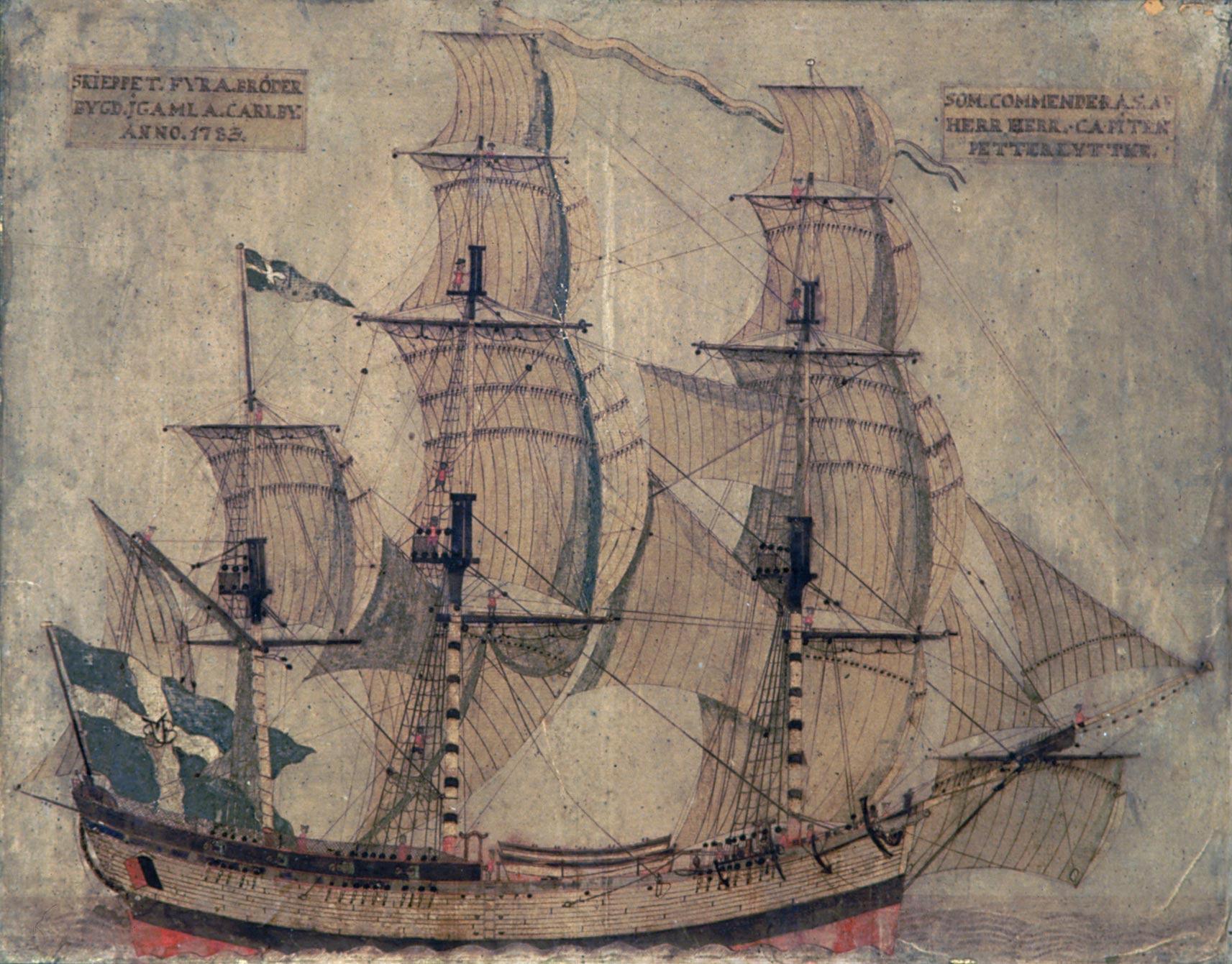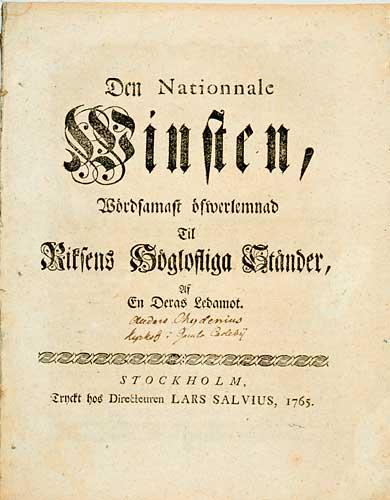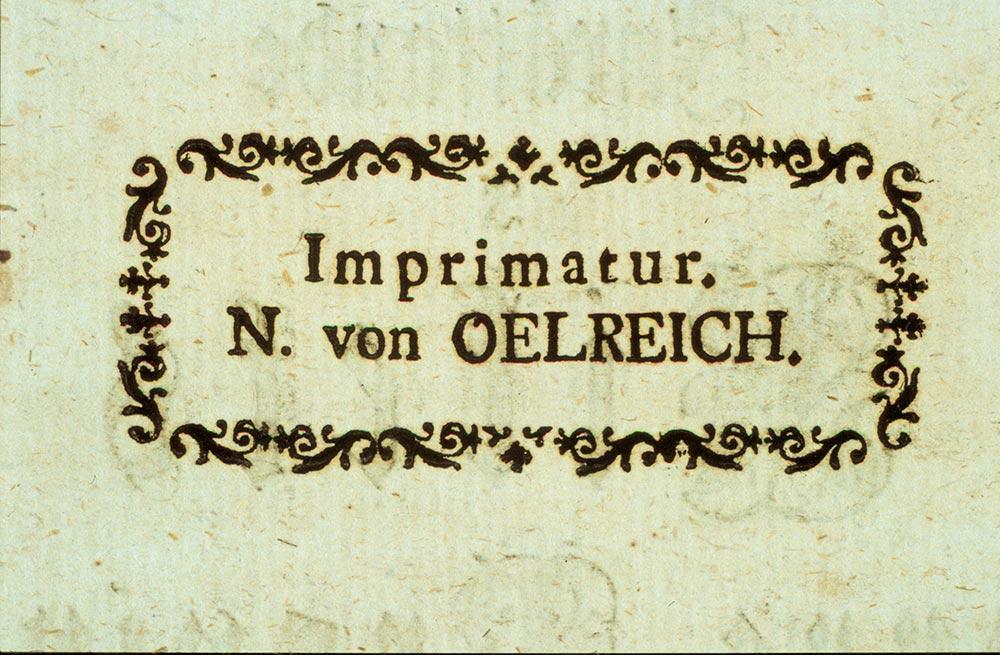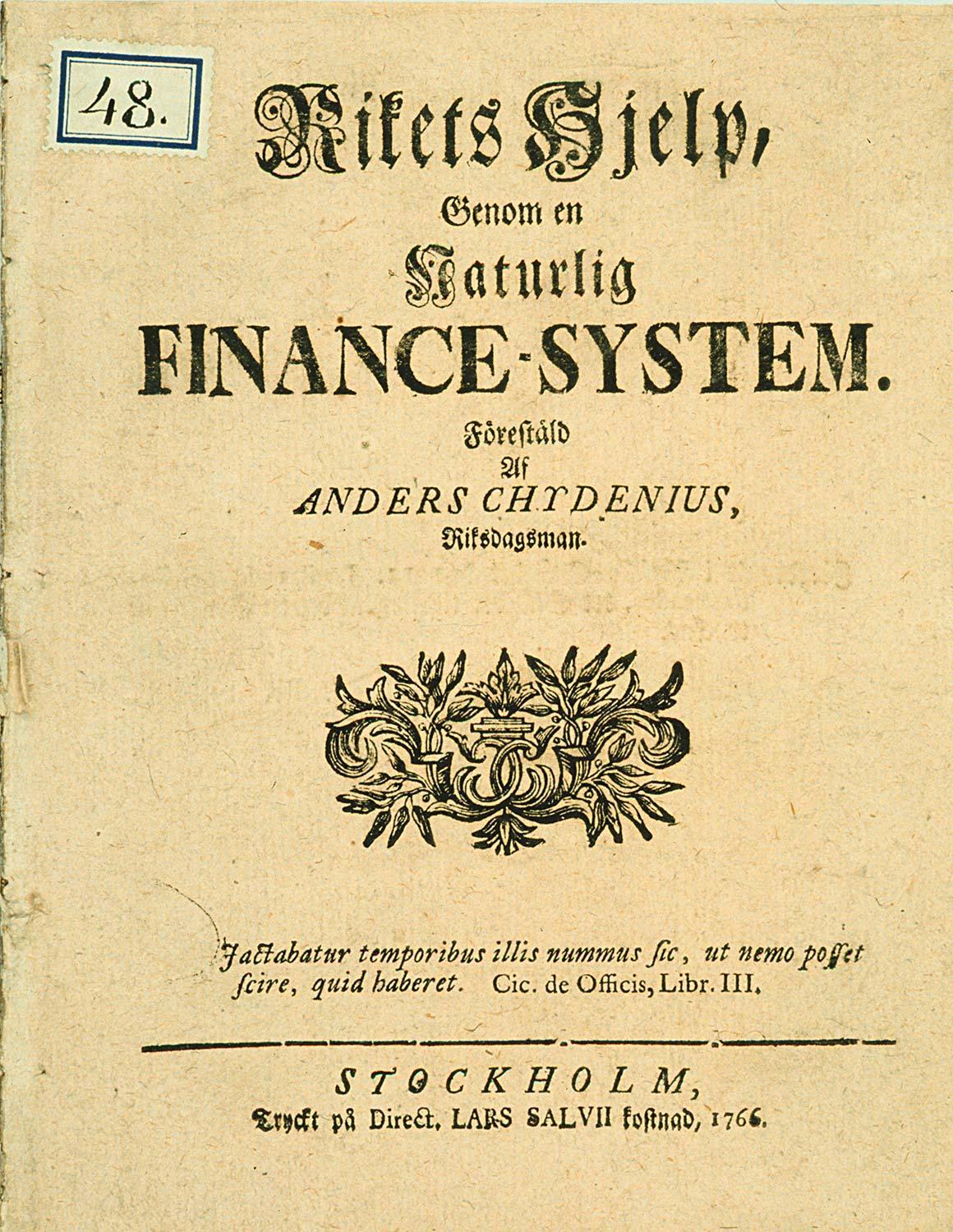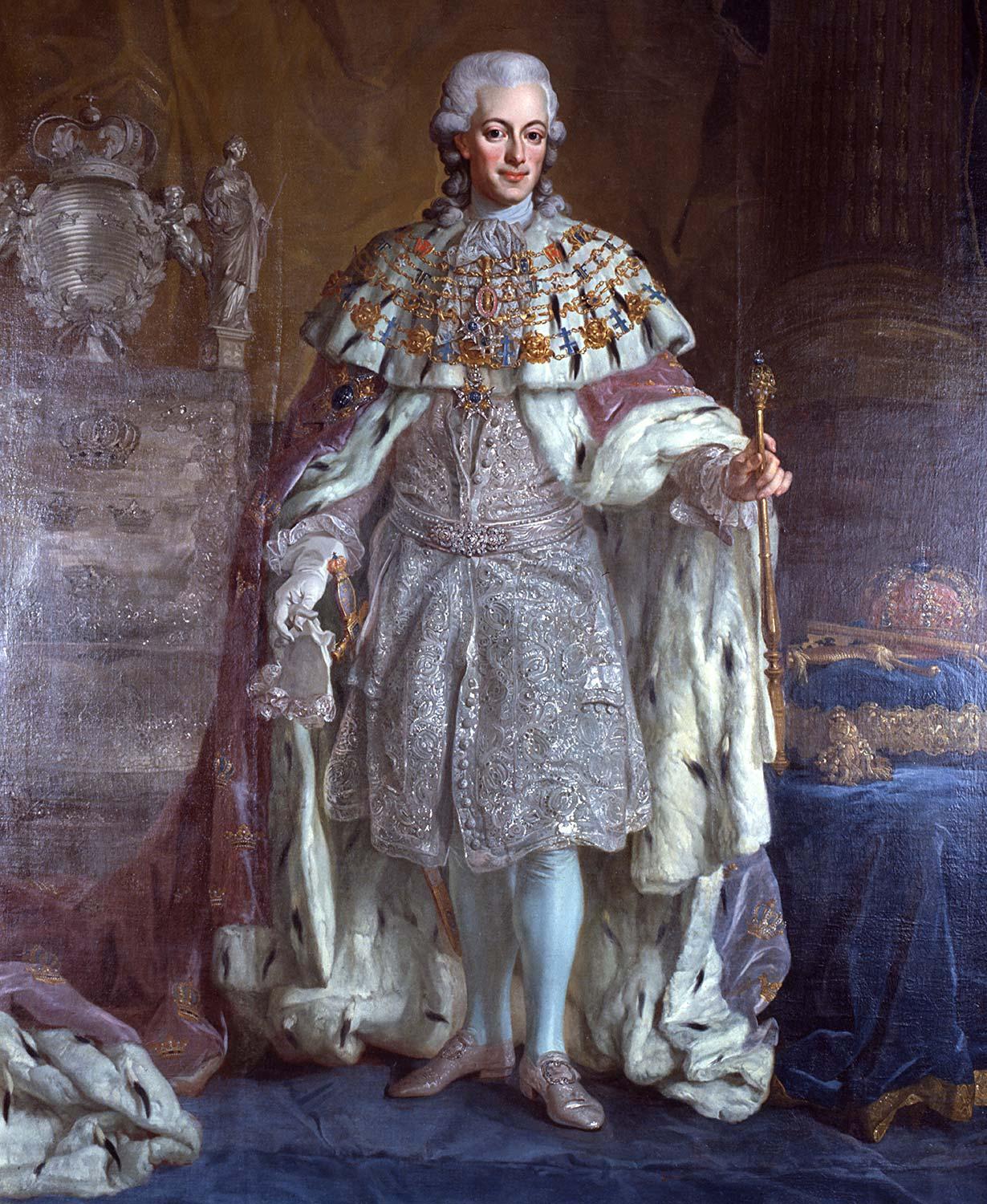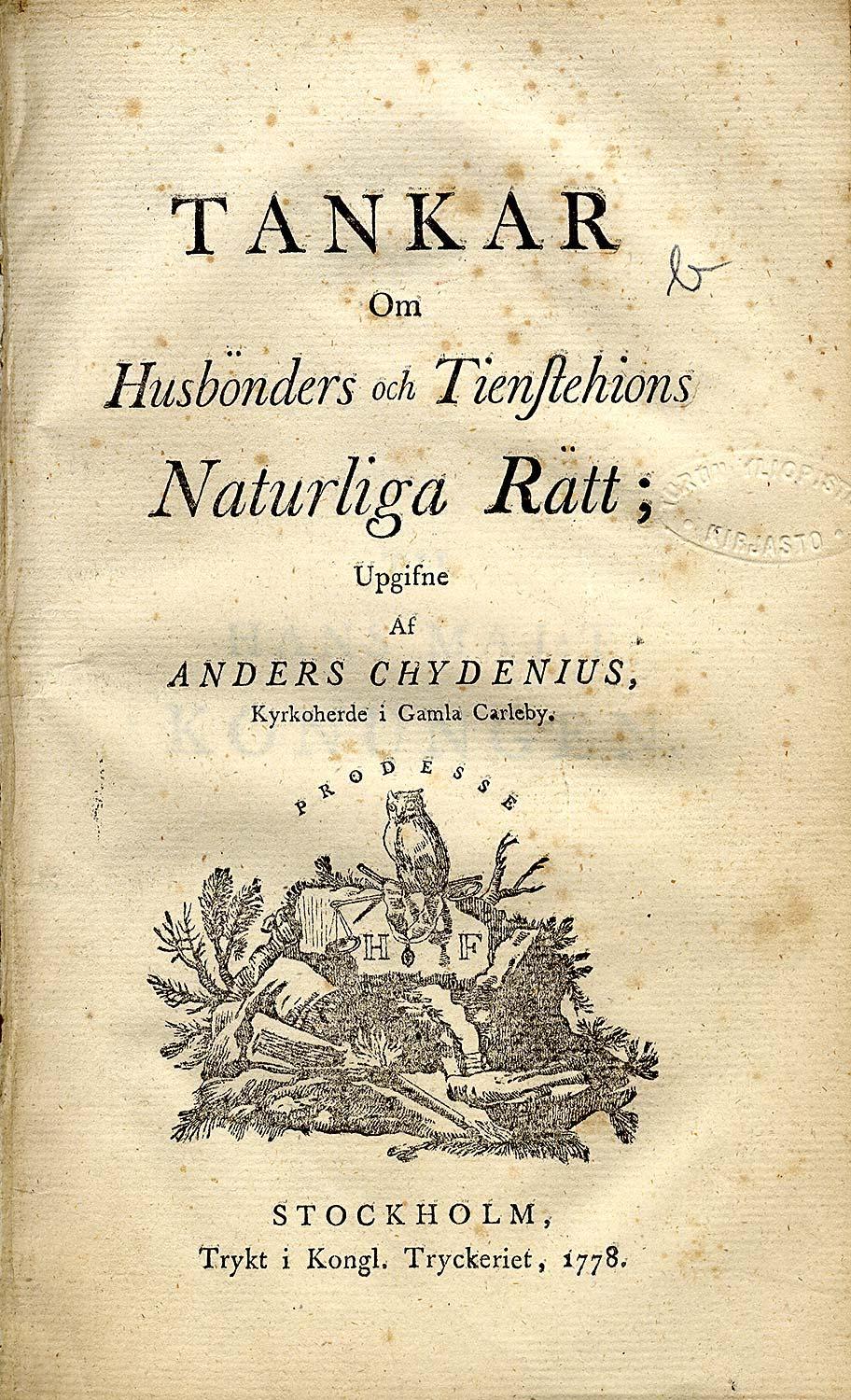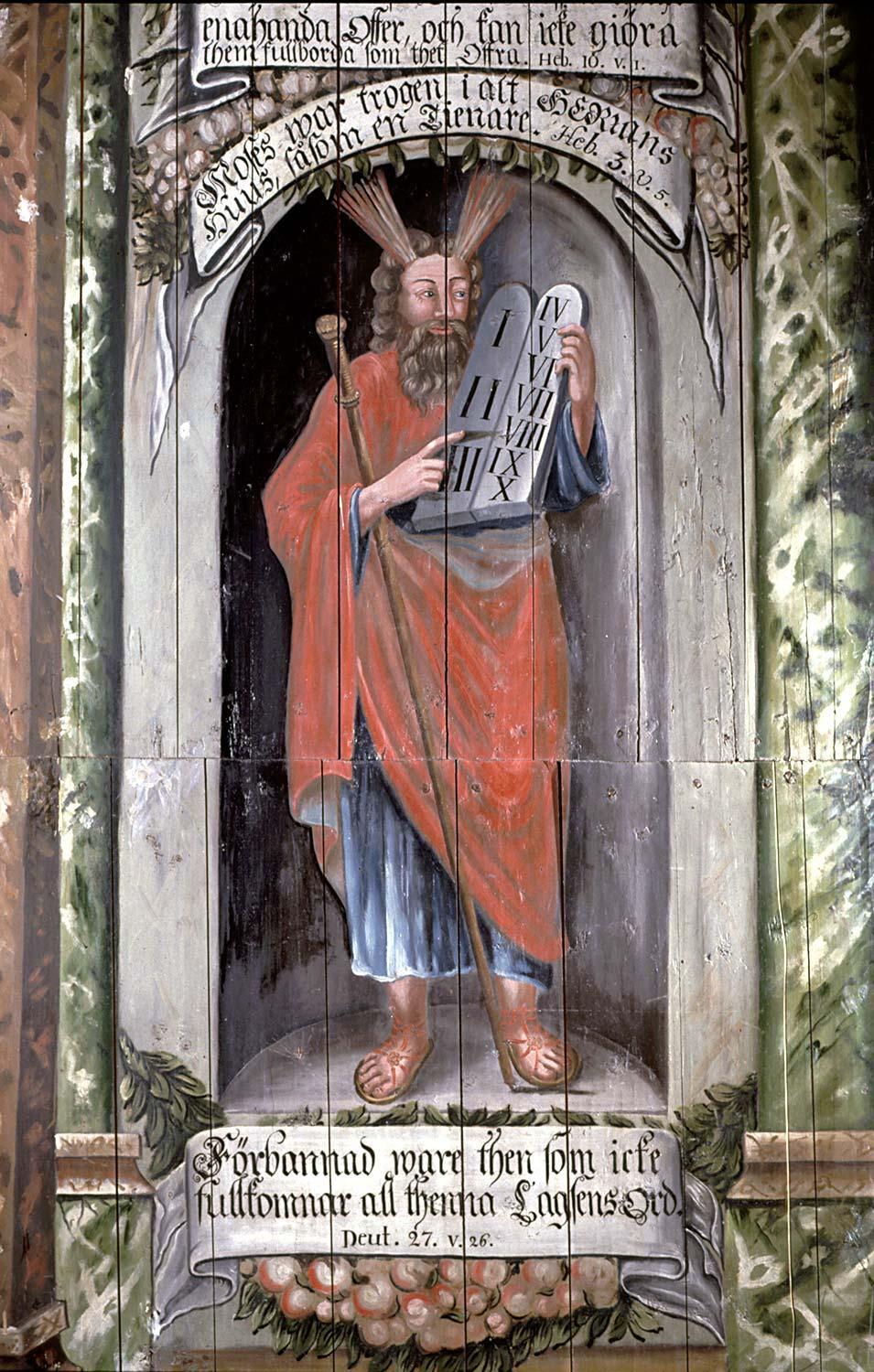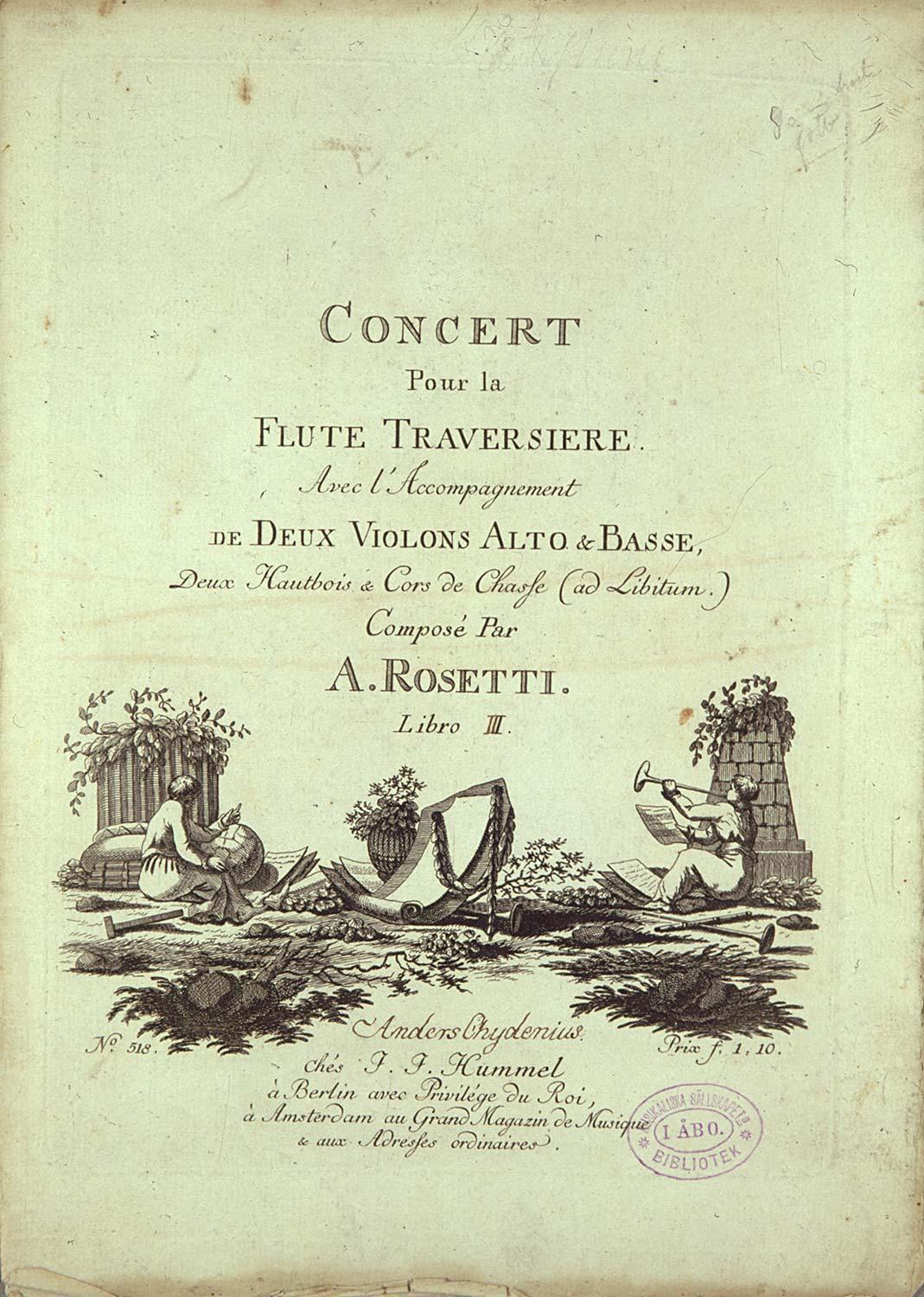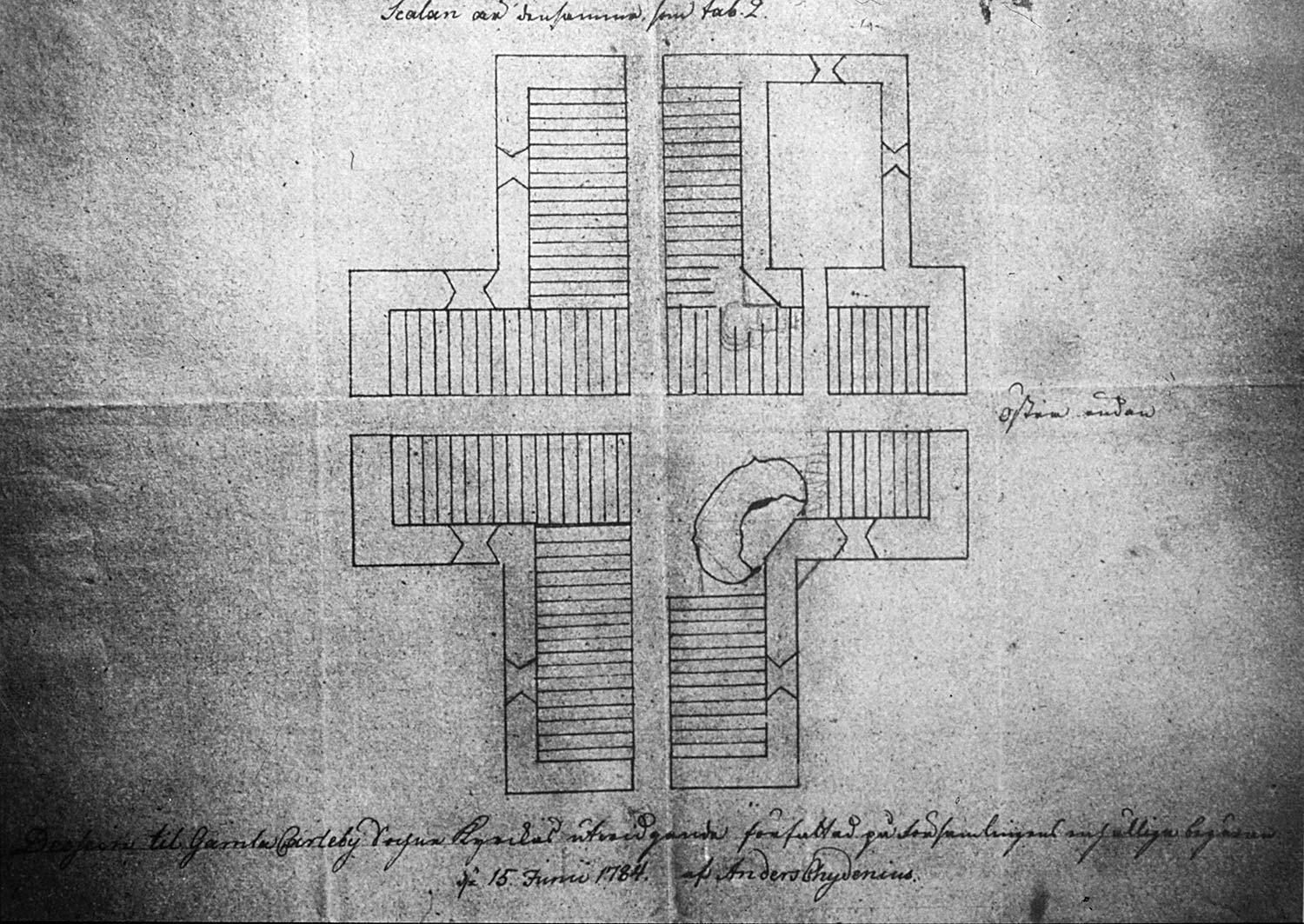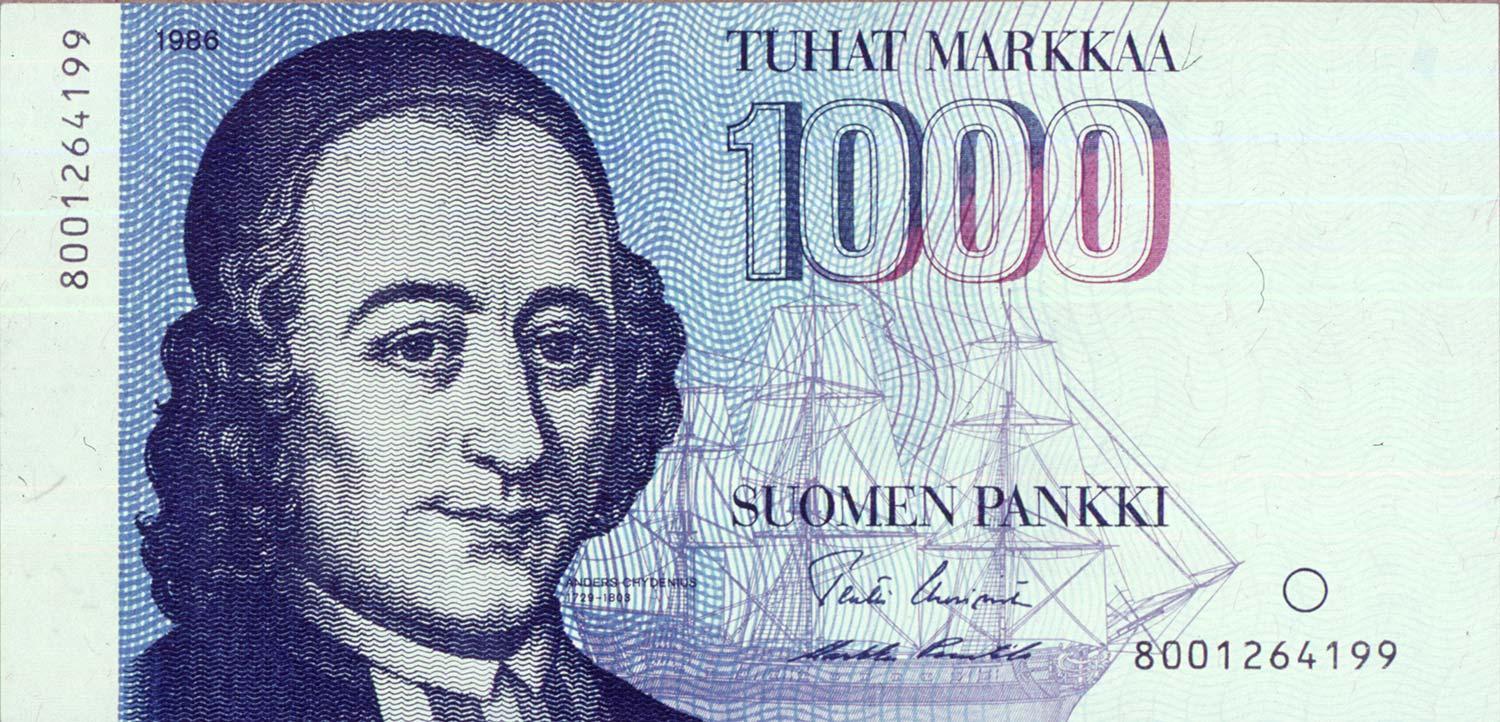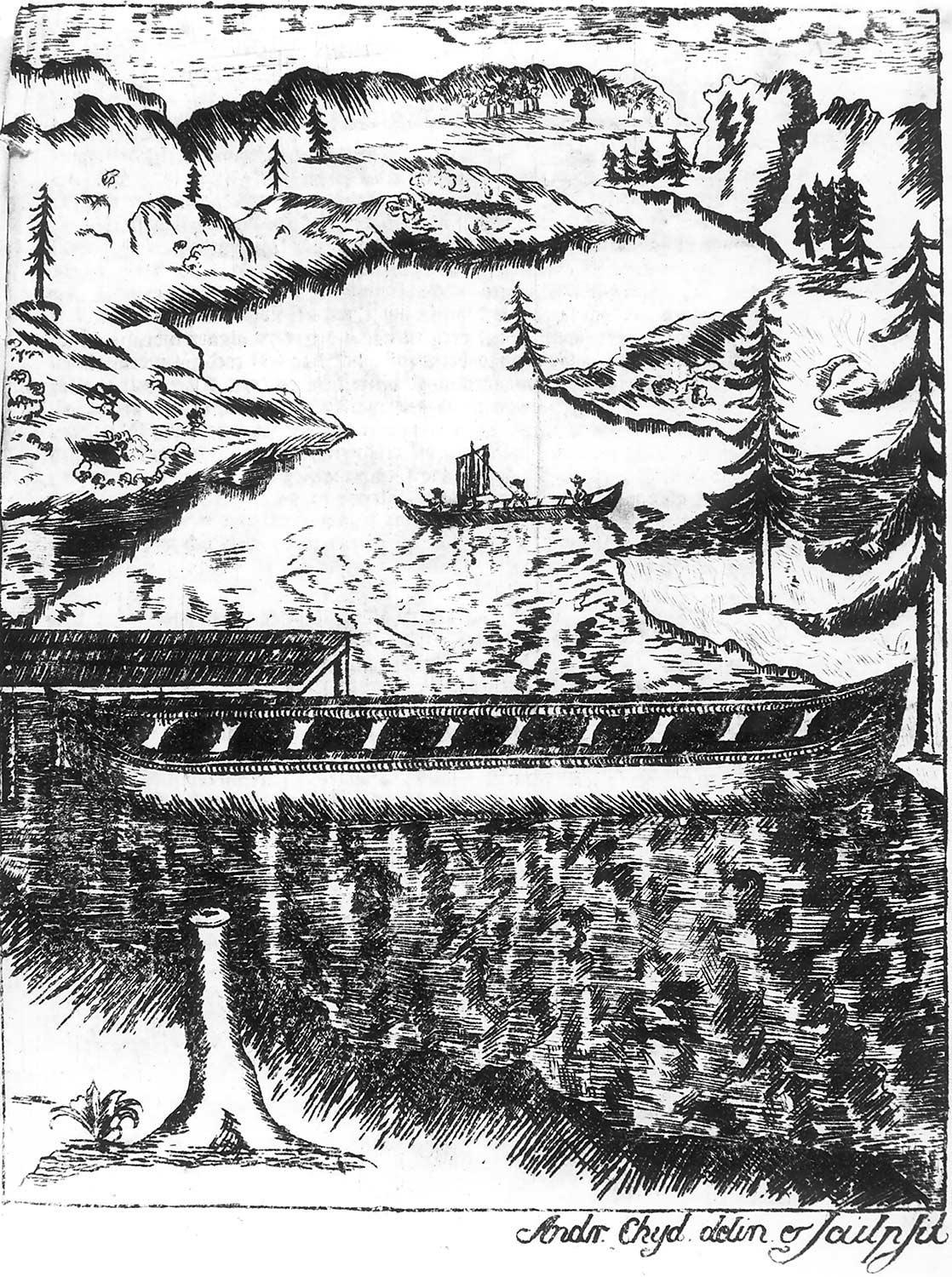A short biography
A new indicator is presented to the reader here. It is quite small, so that anyone can carry it in his pocket. It is also new, I would say, for it scarcely agrees with any other in Europe. I also believe that it is accurate, as I have tried to construct it on the basis of reason and experience.

Anders Chydenius (1729–1803) is among the central figures of Finnish and Swedish history of the 18th century. He was a broad-minded politician and writer, whose goal was a society based on liberty, equality and respect for human rights. Even on a European level, he was an early advocate of democratic ideals.
Anders Chydenius’ thought and actions are grounded in three of the keys to the spirit of his time: the idea of natural rights, the natural scientific worldview, and pietism, which emphasises the religious convictions of the individual.
His childhood
Anders Chydenius spent his youth in the unprosperous and barren surroundings of Northern Finland. He was born in 1729 in Sotkamo, where his father Jacob was a chaplain. The family soon moved to Kuusamo, and Jacob became vicar there in 1734.
The scholar
After private lessons from his father, Anders, along with his brother Samuel, attended Oulu grammar school. Following the War of the Hats of 1741–43, the boys studied together privately in Tornio and were accepted to Turku Academy in 1745. They also studied at Uppsala University. Anders’ studies included mathematics, natural sciences, Latin and philosophy.
The curate
In 1753 Chydenius, having just graduated, was appointed preacher to the chapel of the dependent parish of Alaveteli in Ostrobothnia. In 1755 he married Beata Magdalena Mellberg, the daughter of a merchant from the port of Pietarsaari. Their marriage, however, remained childless.
Utility and reason

During his years in Alaveteli, Chydenius was active in many practical projects. He was responsible for the clearing of marshes, experimented with new breeds of animals and plants, and adopted new methods of cultivation. In his practicality, Chydenius was clearly representative of the Swedish “Age of Utility”, with an aim to enlighten the peasants by example.
The doctor
Chydenius also practised medicine, and he achieved renown in his own lifetime by inoculating ordinary folk against smallpox. He performed minor operations and prepared medicines himself.
The wordsmith
Chydenius’ first writings concerned practical issues, such as the overgrowing of meadows by moss and improvements in the design of horse carriages. Soon, however, he moved on to social questions. Acclaimed as a writer and speaker, he was sent to the Stockholm Diet in 1765–66, commissioned with obtaining free trading rights for the towns of Ostrobothnia. Kokkola, Vaasa, Pori and Oulu obtained navigational rights, which had considerable consequences for their later development and for the whole of Ostrobothnia.
The politician and polemist
 Chydenius was an active participant in the Diet, publishing several articles criticising the dominant political economics of mercantilism, which was based upon regulation, limits and monopolies. The most famous of these articles, which caused a great stir, was The National Gain. Chydenius’ major accomplishments at the Diet included stricter control of the national economy and enactment of the Freedom of the Press Act, which he considered to be one of his greatest achievements.
Chydenius was an active participant in the Diet, publishing several articles criticising the dominant political economics of mercantilism, which was based upon regulation, limits and monopolies. The most famous of these articles, which caused a great stir, was The National Gain. Chydenius’ major accomplishments at the Diet included stricter control of the national economy and enactment of the Freedom of the Press Act, which he considered to be one of his greatest achievements.
The radical
Chydenius’ radical activities ultimately led to his exclusion from the Diet at the hands of his own party (the so-called Cap-wearers). The final straw was his article on monetary policy, which criticised a decision of the estates of the realm.
The shepherd of God
In 1770 Chydenius was appointed vicar of Kokkola. He began to concentrate more than ever upon parish work, which he considered a vital task. His musical interests also thrived, as he maintained and rehearsed his own orchestra. They gave concerts in the main salon of the vicarage.
Human rights
 Chydenius once again participated in the Diet in 1778–79, which took up, among other issues, the position of servants. Chydenius strongly championed the rights of the servant class and called for the creation of an open employment market. At the urging of King Gustavus III, he introduced a bill by which foreigners were also granted limited rights to the practice of their own religion.
Chydenius once again participated in the Diet in 1778–79, which took up, among other issues, the position of servants. Chydenius strongly championed the rights of the servant class and called for the creation of an open employment market. At the urging of King Gustavus III, he introduced a bill by which foreigners were also granted limited rights to the practice of their own religion.
The church builder
Chydenius participated in the Diet once more in 1792. He was again active as a writer, dealing now with issues such as the development of agriculture, the burning of saltpetre, smallpox vaccination, and the settlement of Lapland. One of his main tasks during his later years was supervising the construction of an extension to the old parish church. Chydenius died in 1803.
